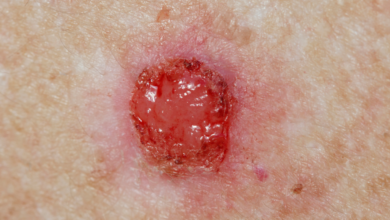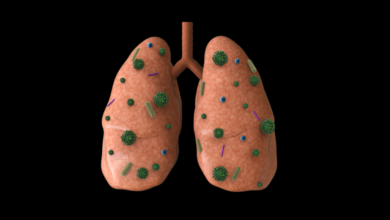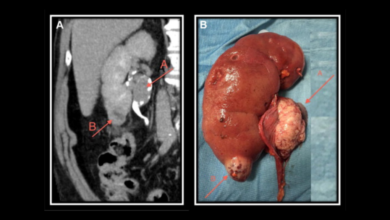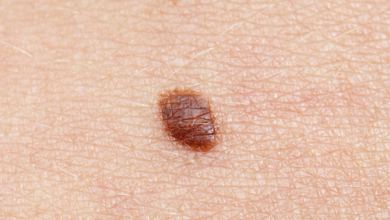Sinus Cancer: A Rare but Serious Condition
Nasal and Sinus Cancer: A Comprehensive Overview

What is Sinus Cancer?
Sinus cancer is a type of cancer that develops in the tissues of the sinuses, which are air-filled spaces in the bones of the face.
Types of Sinus Cancer
The most common type of sinus cancer is squamous cell carcinoma, which develops in the squamous cells that line the sinuses.
Symptoms of Sinus Cancer
Early-stage sinus cancer often doesn’t cause any noticeable symptoms. However, as the cancer progresses, symptoms may include:
• Persistent nasal congestion or blockage
• Nasal discharge that is bloody or foul-smelling
• Sinus pain or pressure
• Frequent nosebleeds
• Changes in sense of smell or taste
• Pain in the teeth or jaw
• A lump or mass in the neck
• Headaches
Causes of Sinus Cancer
The exact causes of sinus cancer are not fully understood, but certain factors can increase the risk, including:
• Smoking: Smoking is a major risk factor for sinus cancer.
• Exposure to wood dust: Exposure to wood dust, especially hardwood dust, can increase the risk.
• Exposure to certain chemicals: Exposure to certain chemicals, such as formaldehyde, can increase the risk.
Who Can Suffer from Sinus Cancer?
Anyone can develop sinus cancer, but it is more common in older adults and those who are exposed to risk factors such as smoking or occupational exposure to certain chemicals.
Diagnostic Tests for Sinus Cancer
To diagnose sinus cancer, a doctor may use a combination of tests, including:
• Physical exam: A physical exam of the nose and sinuses.
• Endoscopy: A procedure to examine the nasal cavity and sinuses using a flexible tube with a light and camera.
• Biopsy: A small tissue sample is removed and examined under a microscope to confirm the diagnosis.
• Imaging tests: CT scans and MRIs can help determine the extent of the cancer.
Stages of Sinus Cancer
The staging of sinus cancer helps determine the extent of the disease and guides treatment decisions. The most common staging system is the TNM system, which considers the size of the tumor (T), the spread to nearby lymph nodes (N), and the presence of distant metastases (M).
Treatment of Sinus Cancer
The treatment for sinus cancer depends on the stage and type of cancer, as well as the patient’s overall health. Common treatment options include:
• Surgery: To remove the cancerous tumor and surrounding tissue.
• Radiation therapy: To kill cancer cells with high-energy rays.
• Chemotherapy: To kill cancer cells throughout the body.
Diet and Sinus Cancer Prevention
While a healthy diet can contribute to overall health and immune function, it cannot directly prevent sinus cancer. However, a balanced diet can help maintain overall health and reduce the risk of other health conditions that may indirectly affect sinus health.
Here are some general dietary tips for overall health:
• A balanced diet: A diet rich in fruits, vegetables, whole grains, and lean proteins can help.
• Limit processed foods and sugary drinks: These can contribute to weight gain and other health problems.
• Maintain a healthy weight: Obesity can increase the risk of various health issues.
Overall Survival Rate of Sinus Cancer
The overall survival rate for sinus cancer varies depending on the stage of the cancer, the type of treatment received, and the individual’s overall health. Early detection and timely treatment significantly improve the prognosis.
Doctor to Consult
An ear, nose, and throat (ENT) specialist is the best doctor to consult for sinus cancer.
Diseases Associated with Sinus Cancer
Sinus cancer is often associated with chronic sinusitis, a condition that causes inflammation of the sinuses.
How to Prevent Sinus Cancer
To reduce the risk of sinus cancer, consider the following:
• Avoid smoking: Smoking is a major risk factor for sinus cancer.
• Limit exposure to irritants: Exposure to irritants such as dust, chemicals, and pollutants can increase the risk of sinus inflammation.
• Practice good hygiene: Good oral hygiene can help prevent infections that can lead to sinus problems.
• Manage allergies: Allergies can contribute to chronic sinus inflammation.





